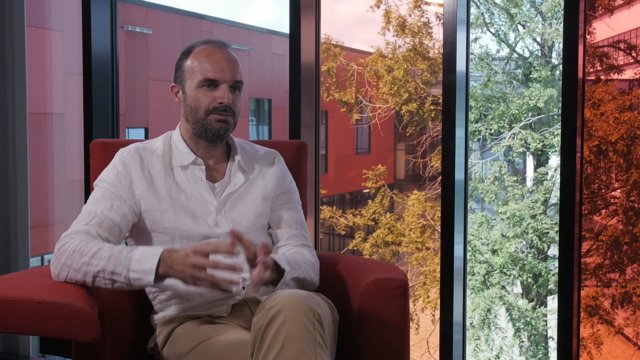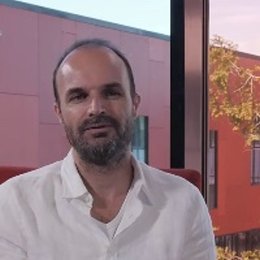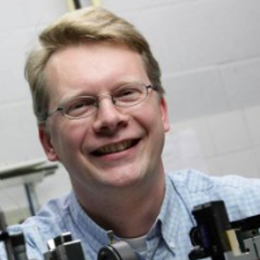What is it going to be, in quantum computing? Quantum bits (qubits) that operate at extremely low temperatures or single photons – light particles – doing their work at room temperature? The new Center for Quantum Nanotechnology Twente (QUANT) of the University of Twente deliberately doesn’t choose one single direction for future quantum computers: a smart combination may be the future. Thanks to the high level of facilities offered by the MESA+ NanoLab at the UT campus, it is possible to develop and build solutions of several kinds. QUANT officially started at 21 September, the day of the annual meeting of the MESA+ Institute.
Quantum computing is on its way, that is clear. The first proof of ‘quantum supremacy’ is there: quantum computers actually can tackle problems that a ‘traditional’ super computer will not be able to solve, all with a complexity that can’t be understood by a layman. Currently, there is even already programming software available helping, for example, students to adapt to the specific properties of quantum programming. A quantum computer may be capable of solving very complicated problems, like analyzing complex molecules or technical systems. The basic idea is that all possible alternatives will be calculated instantly, and not one at a time.
For decades, this seemed a promise that was merely a matter of theory, but in the mean time there are working systems, demonstrating the actual potential. At the basics of all this, the newly-founded center QUANT will develop components and technology. It combines the knowledge on superconductivity, photonics and chip design.
QUANT is led by two UT scientists Prof Pepijn Pinkse, Professor of Quantum Optics, and Prof Floris Zwanenburg, associate professor of Silicon Quantum Electronics. It involves several UT research groups.

Web address https://www.utwente.nl/en/mesaplus/research/centres-of-expertise/quant/








